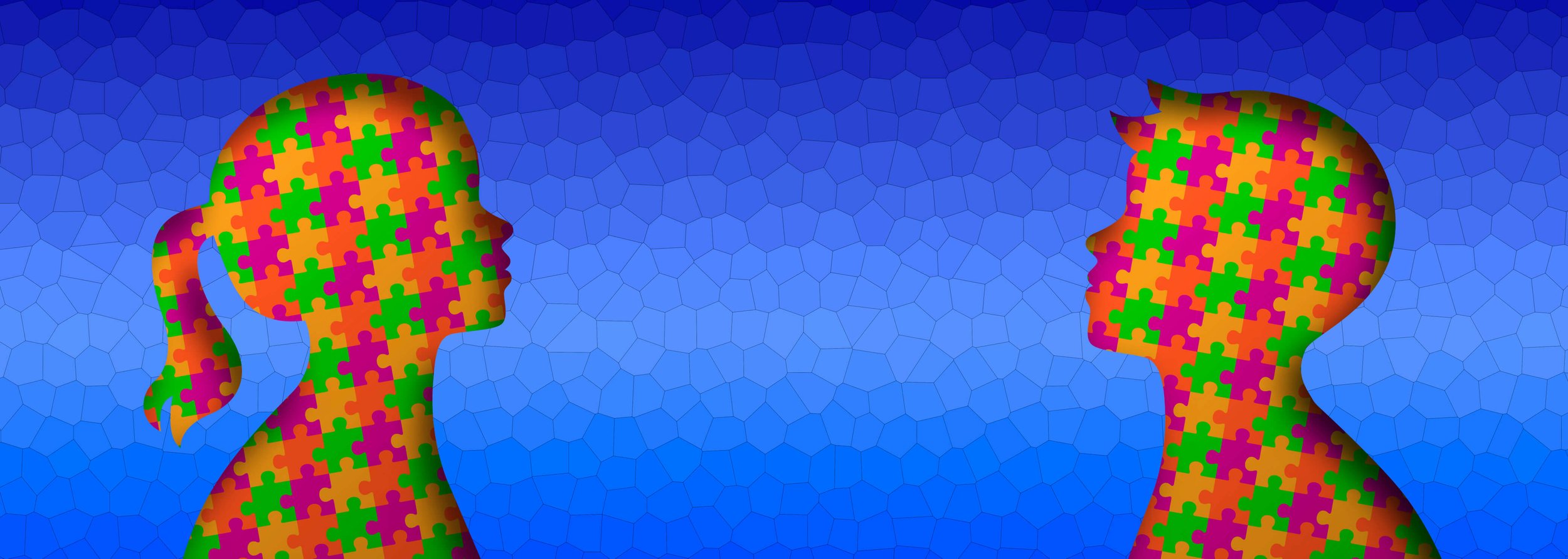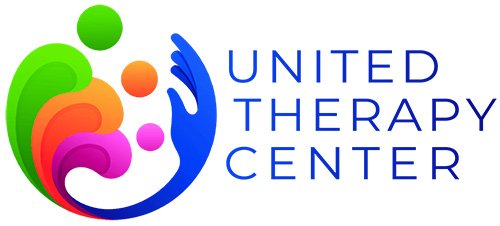
BEHAVIORAL ASSESSMENT
Approximately 7.4% of children have a diagnosed behavior disorder. Fortunately, through personalized therapy and support, children with behavior disorders can lead fulfilling and successful lives. Clinical Director Naira Kirakosyan provides comprehensive behavioral assessments at United Therapy Center in the Eagle Rock area of Los Angeles, Orange, Riverside, and Van Nuys, California. A behavioral assessment is the first step in helping your child get the support and treatment they need. Call United Therapy Center or schedule a consultation online today.
-
When your child behaves abnormally, a behavioral assessment provides valuable information to diagnose and treat your child. Lisa may recommend a behavioral assessment following your child’s initial consultation and evaluation.
Studying your child’s behavior and social interactions allows Lisa to create a baseline understanding of what your child does and how it needs to change.
A behavioral assessment includes observation in various environments to collect information on the stimuli that trigger your child’s undesirable behavior at home, school, and play.
-
Children go through phases, push boundaries, and develop skills at their own pace, so it might be challenging to determine if your child has a behavior disorder.
If they display persistent, negative behaviors that affect their health, schoolwork, or relationships, or they’re otherwise disruptive at home or school, a behavioral assessment can help get to the root of the problem.
Autism spectrum disorder (ASD)
Attention-deficit/hyperactivity disorder
Oppositional defiant disorder
Conduct disorder
Your child might have trouble sitting still or concentrating, or they may talk back to teachers and act out in other ways at school.
-
As mentioned, behavioral assessments are observational. Lisa watches your child in various environments to conduct the evaluation. While observing your child, Lisa completes several analytic steps, including:
Defining and describing the behavior
Collecting information about the purpose of the behavior
Categorizing the behavior
Analyzing the behavior
Creating interventions to modify the behavior
Suppose your child suddenly stops doing their math homework and acts up in class. Lisa observes your child and puts their behavior in context. She learns that the class has recently begun practicing word problems, and your child has trouble extracting the right information and doing the work.
The purpose or function of their behavior is to avoid doing word problems. With this knowledge, Lisa can recommend further testing and make suggestions to help your child modify their behavior and continue learning.
Call United Therapy Center today or make an appointment online if you have concerns about your child’s behavior.

